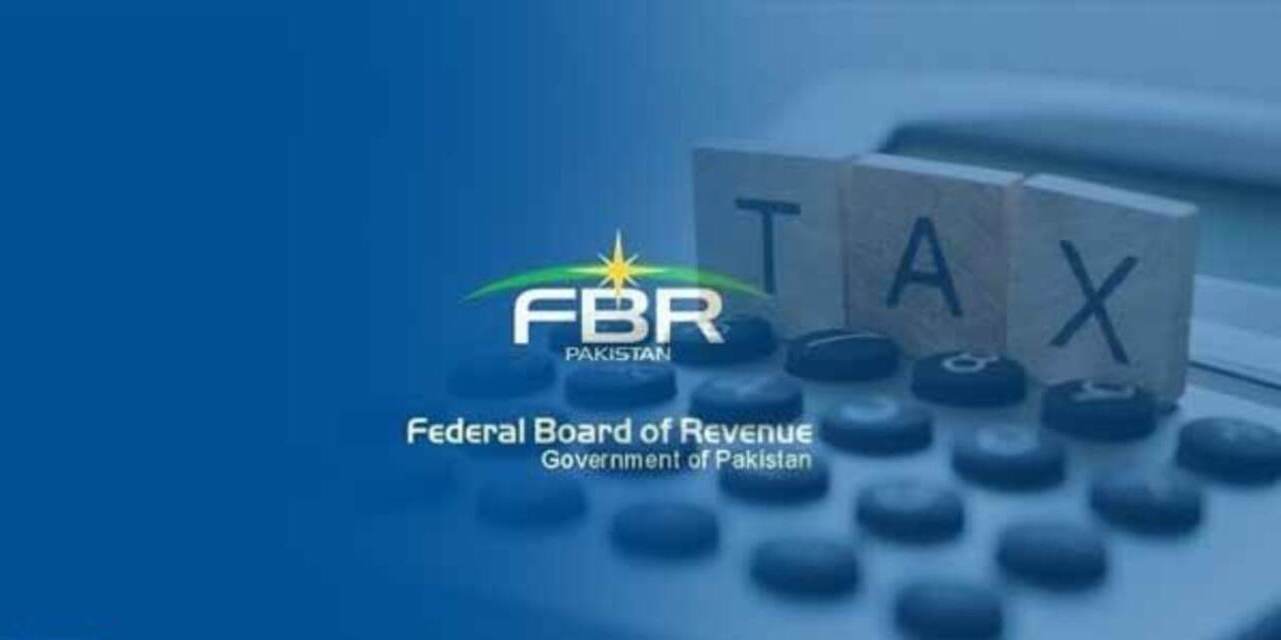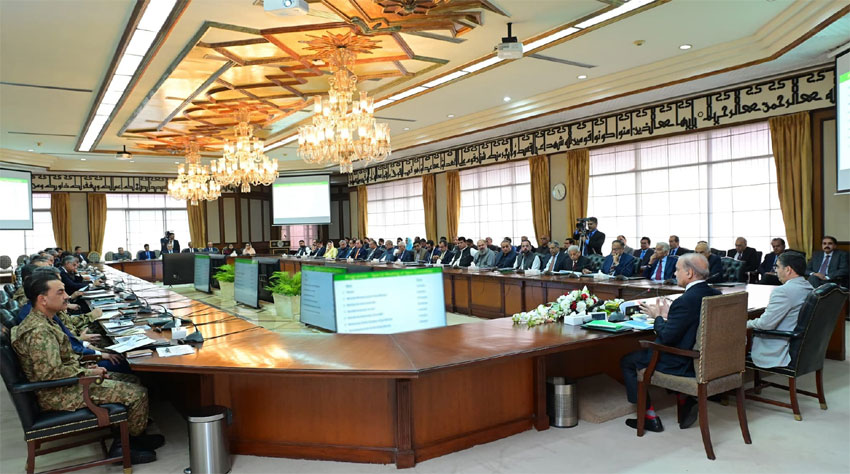Editorial
Various factors, such as colonial legacy, political instability, bureaucratic dominance, corruption, lack of accountability, and external assistance, have influenced public administration in Pakistan. The government initiated Public administration education and training in Pakistan with the help of the United States in the 1950s and 1960s to develop a modern and efficient administrative system for national development and social welfare. However, Pakistan’s public administration education and training have faced many challenges, including lack of resources, curriculum relevance, faculty development, research capacity, and quality assurance.
Pakistan needs to explore E-governance in the public sector. Information and communication technologies (ICTs) are used to improve the delivery of public services, enhance transparency and accountability, and increase citizen participation. E-governance initiatives in Pakistan include the e-filing system, e-procurement system, e-office system, e-voting system, e-taxation system, e-health system, e-education system, and e-police system.
There is a need to ensure decentralization in the public sector in Pakistan. The transfer of authority and responsibility from the central to the lower levels of government, such as provinces, districts, and local governments, is critical. Decentralization aims to improve public administration’s responsiveness, efficiency, and effectiveness by bringing it closer to the people. Decentralization reforms in Pakistan include the Local Government Ordinance 2001, the 18th Amendment to the Constitution 2010, and the National Finance Commission Award 2010.
Furthermore, Performance management is a vital component of modern public administration worldwide. The use of performance indicators, standards, targets, and feedback mechanisms to measure and improve the results and outcomes of public administration is essential to implement in the public sector in Pakistan. Performance management aims to enhance public administration’s quality, productivity, and accountability by linking it to strategic planning, budgeting, monitoring, evaluation, and reward systems. Performance management initiatives in Pakistan include the Medium Term Budgetary Framework (MTBF), the Performance Evaluation Report (PER), the Prime Minister’s Delivery Unit (PMDU), and the Citizen Feedback Model (CFM).
Lastly, there is a need to revamp the public administration system in Pakistan. Therefore, civil service and administrative reforms are the way for efficient administration and public human resource management.
Please subscribe to the YouTube Channel of republicpolicy.com
















































